Buying a house in the next few months?
Oct 3, 2016
If you have previously been “Pre Approved” and looking for a house, well, you might need to find that house prior to Oct 17th, even as early as Oct 15th.
After October 17th, 2016 all your income will need to QUALIFY at 4.64{ea18e790148ddb141722068dfb73f9f74b06205fa18c7d39ece0e7144d0672b8} instead of the given rates such as a 5 year fixed at 2.49{ea18e790148ddb141722068dfb73f9f74b06205fa18c7d39ece0e7144d0672b8} – For Example: if your income allowed you to be pre approved for a house purchase of $350,000, post Oct 17th, that same person may only qualify for a $300,000 purchase.
Read more….
OTTAWA has announced new rules aimed at limiting foreign money into Canadian real estate and ensuring that Canadians take on mortgages that they can afford.
Finance Minister Bill Morneau announced the new rules at a speech in Toronto on Monday.
“Overall, I believe the housing market is sound, but as minister of finance, I want to make sure we are proactive in assessing and addressing the factors that could lead to excess risk,” Morneau said.
Reality check: Can a foreign buyer tax cool the housing market without hurting it?
They include a move to close a loophole in the tax laws that allows non-residents to buy homes in Canada, and then get a tax exemption when they sell the home by claiming it as a principal residence.
Starting now, “an individual who was not resident in Canada in the year the individual acquired a residence will not be able to claim the exemption for that year,” Morneau said.
Canadians who were legitimate residents at both the time of purchase and time of sale will still be able to take advantage of the principal residence tax exemption, Ottawa says.
In addition to cracking down on tax leakage by foreign money, another change is that from now on, all insured mortgages must undergo a “stress test” that ensures a borrower’s ability to make their mortgage payments at a higher interest rate.
Effectively, that means borrowers will be tested against their ability to pay their mortgage if actual rates were as high as the Bank of Canada’s conventional five-year mortgage rate, which is currently 4.64 per cent.
That requirement was already in place for many borrowers, including so-called “high-ratio” mortgages for people with small down payments, and borrowers who borrowed money on terms of less than five years.
But from now on, any insured mortgages will be tested against that higher bar. Anyone who already has a mortgage, or who has already applied for mortgage insurance, is exempt from the new rules, which will formally kick in on Oct. 17.
Via: CBC News
